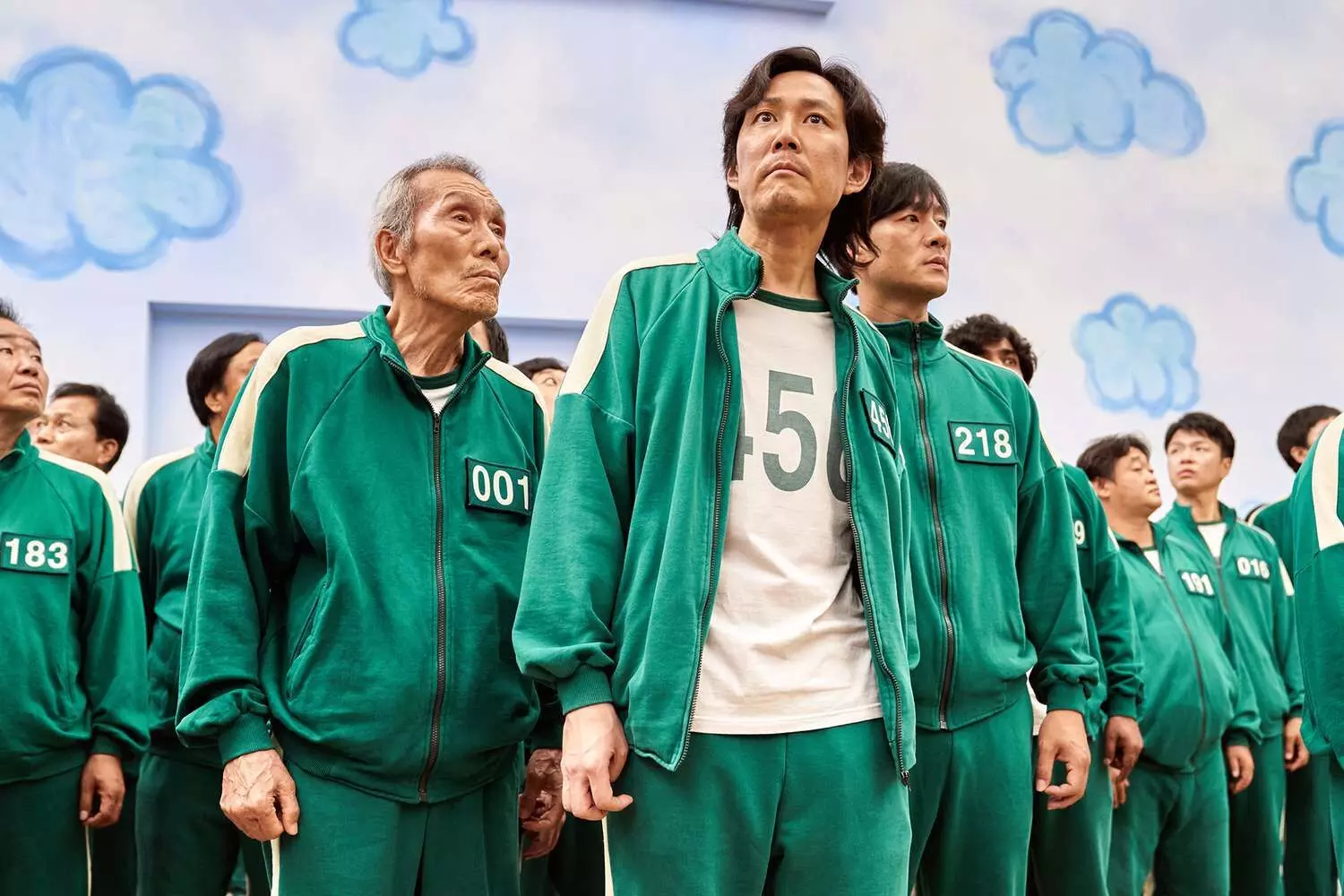Squid Game Season 2 Review: Strong Anti-Capitalist Message, But It Falls Short of the Original's Impact
Squid Game Season 2 Review: "The Games Won't End Unless the World Changes," The Frontman Tells Gi-Hun. The Season Opens with a Powerful Look at Human Greed and Moral Corruption.
Squid Game season 2

Since its debut in 2021, Squid Game has emerged as a powerful critique of capitalism, laced with an intense "eat-the-rich" sentiment. The show follows a group of financially desperate South Koreans who are abducted and forced to compete in deadly games for the voyeuristic pleasure of wealthy elites known as the 'VIPs.' These players kill each other in brutal ways, creating a stark metaphor for the real-world struggles between the wealthy and the poor.
Isn't this scenario all too familiar? The poor fighting for scraps while the rich watch from afar, untouched by the suffering below.
Squid Game Season 2: Plot Overview
The first episode sets the tone with a powerful scene where the recruiter (Gong Yoo) presents the desperate players with a choice: "Bread" (food) or "Lottery" (a gamble for their luck). This moment highlights human greed, as those who can’t afford a meal opt to take a risk in the hopes of striking it big rather than choosing survival.
Our protagonist, Seong Gi-hun (Player 456), offers a stark contrast. Unlike the others, his victory is not based on luck but on his morals. In a tense scene, he refuses to shoot the recruiter during a game of Russian Roulette, choosing honesty over survival. Gi-hun’s willingness to face death rather than cheat embodies the show’s exploration of human nature and the fight for what’s right.
Squid Game Season 2: What Works, What Doesn’t
Season 2 introduces new characters and continues to explore the bleak realities of the game. In the second episode, viewers witness a peculiar moment of humanity: overworked adults in Mardi Gras costumes showing kindness to a young girl in need of a bone marrow transplant. Meanwhile, No-eul (Park Gyu-young), a North Korean defector, is caught in the crossfire of the deadly game after a series of unfortunate events.
Gi-hun, still searching for the elusive island, is joined by Hwang Jun-ho (Wi Ha-joon), a former cop turned traffic officer. Together, they uncover the sinister manipulation behind the game’s recruitment, targeting those who have reached rock bottom.
Squid Game Season 2: The High Stakes and Complex Characters
Gi-hun's decision to re-enter the deadly game surprises everyone, and he soon finds himself navigating the moral dilemmas posed by the new rules. Players can now sign a consent form to leave with their share of the wealth, offering a moment of reckoning where human greed overtakes any sense of morality.
The show’s new characters add complexity, including Thanos (Choi Seung-hyun), a rapper who got entangled in cryptocurrency scams, and Myung-gi (Yim Si-wan), a father with a dark past. Gi-hun’s old friend, a former marine, joins the fray, and No-eul, now working as a ruthless guard, adds even more unpredictability.
Squid Game Season 2: What Goes Wrong
While the season begins with intense ethical and moral questions, the gravity of the deadly situations begins to unravel. In the fourth and fifth episodes, the show shifts from its dark, high-stakes tone to something more chaotic and less serious. The characters, desensitized to death, make light of their life-or-death situations, and the show's tone becomes erratic. The stakes that made the first season so compelling seem lost in the second.
Conclusion:
Season 2 of Squid Game starts with promise, exploring themes of greed, morality, and the corrupting power of wealth. However, as the games progress, the show loses its sense of urgency, with the chilling atmosphere of the first season replaced by an almost playful tone. While the second season remains entertaining, it doesn’t capture the raw intensity that made the first season a cultural phenomenon.
Rating: 3.5/5 stars
All episodes of Squid Game Season 2 are now streaming on Netflix.

